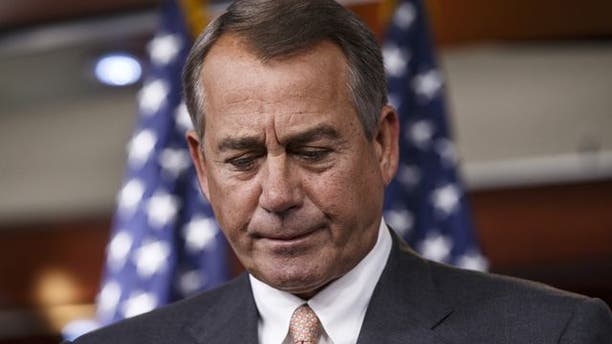
Be like the Drone Army and blindly believe.
Via: Weasel ZippersDrew –Here’s how you know that we’re winning the climate change deniers debate:A conservative think tank is about to spend $1.5 million on a campaign to try to cast doubt on climate change science.If you ever doubted the power of your voice, just look at how the other side is acting right now. The work we’re doing on climate change is making them awfully nervous.That means we need to get louder — donate $5 or more to OFA today, and let’s keep calling out climate change denial.In other news that makes me think our message is getting through, a House committee has scheduled a hearing to question whether we should actually be taking steps to fight climate change.Now, keep in mind: several members of this panel are climate change deniers, so I doubt we’re going to get anywhere. But this marks the first House committee hearing on climate change in quite some time.You can prove them wrong — make a donation of $5 or more today to OFA:Thanks,IvanIvan Frishberg
Climate Campaign Manager
Organizing for Action











